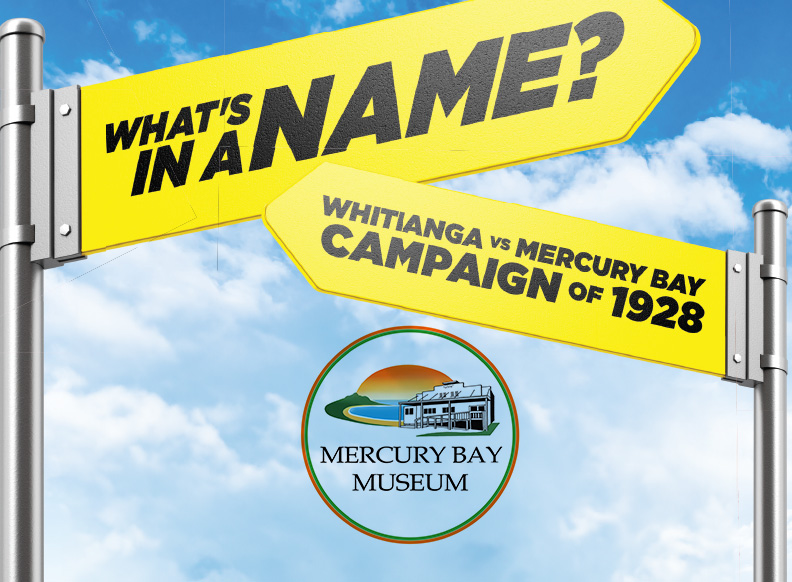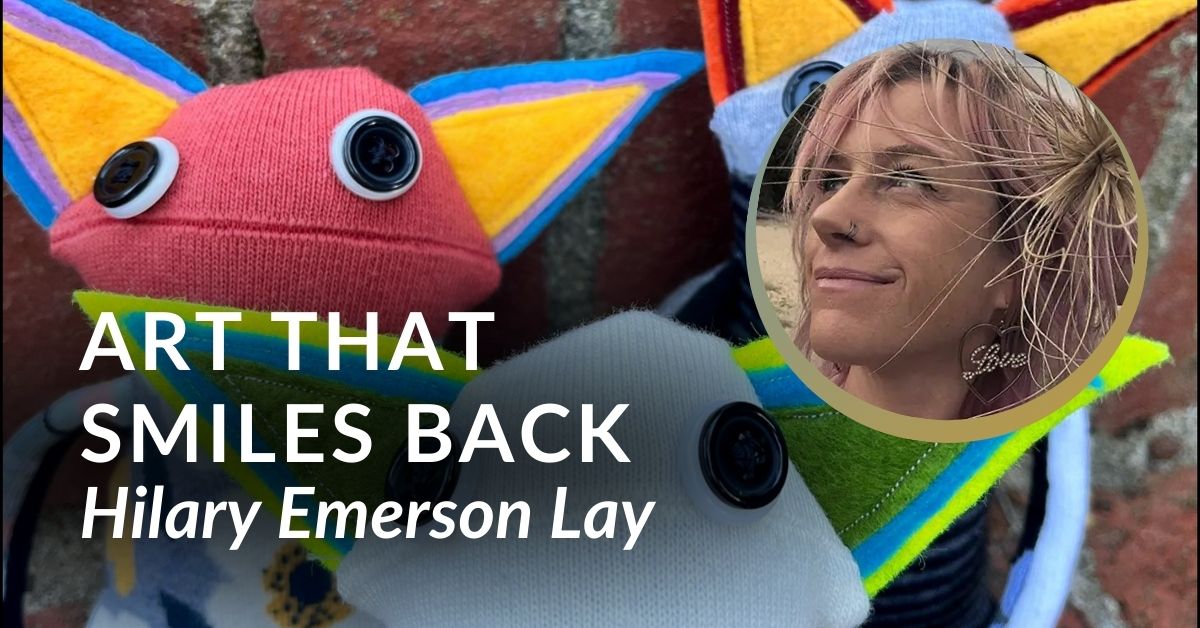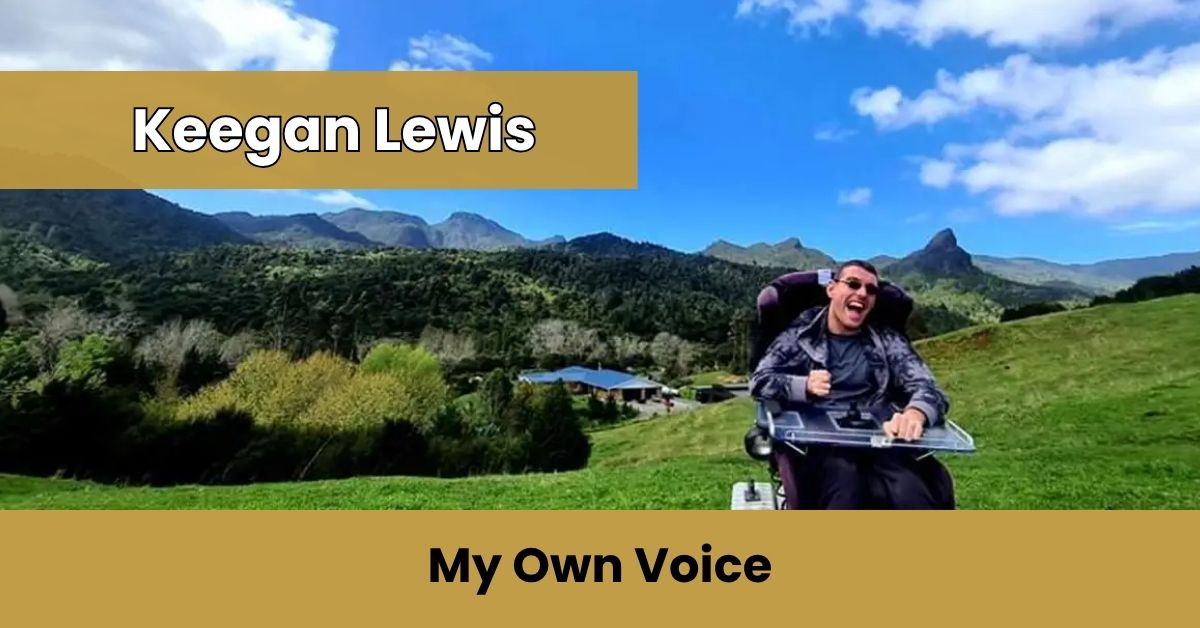
Did you know that the name ‘Whitianga’ was under threat of disappearing forever?
It all started in 1928, when it was proposed that the local council change the official town name of ‘Whitianga’ to ‘Mercury Bay’.
There were several petitions to officially change the name, but these were all defeated, and the Coromandel County Council left the official town name as ‘Whitianga’. These petitions were threatening to divide the residents of the most important township on the eastern side of Coromandel County.
In late 1928, Councillor Charles Henry Marshman Simpson, of the Kūaotunu riding, requested the name ‘Whitianga’ be dropped and that the township and Post Office officially and solely be known as ‘Mercury Bay’.
The debate was very emotive and Councillor William Lee, from the Whitianga riding, found himself again in strong opposition to the name change, and to the potential loss of the town’s identity that he had successfully defeated in previous proposals.
Councillor Simpson was determined to beat it this time and brought all the big guns to the council meeting to argue that previous motions be rescinded! He introduced his delegation – Mr TH Lyon, Mr NA Wells, Mr EC Chadban, and Mr GN Steel.
It was stated by members of this group that the dual names of the district caused a great inconvenience! The Postal Department only recognised the name ‘Whitianga’, but the business people only recognised ‘Mercury Bay’, which according to them is known all over the world as a tourist resort and famous for big-game fishing. Mr Wells said it seemed foolish to try to get the place known as ‘Whitianga’ when it is usually referred to as ‘Mercury Bay’.
Mr Lyon went further to say that Councillor Lee was the only opponent to dropping the Māori name. He stated that for over a hundred years, from the time of Captain Cook, this place was known as ‘Mercury Bay’. All advertisers stated the place as ‘Mercury Bay’ not ‘Whitianga’. He went further to say, as business people, people of common sense, can we be satisfied to carry on this dual name?
A poll which was conducted by the Thames Printing Co. Ltd was also presented. This poll had resulted in an overwhelming majority in favour of changing the name – 116 votes for Mercury Bay and 15 for Whitianga. However, Councillor Lee argued that the poll was not conducted well and was worthless in evidence.
Following on from these arguments, the Council refuted the results of the poll and once again declined the motion to change the name.
However, that poll made its way to the Sub-Committee of the Geographic Board in Wellington. They were told the poll was taken correctly, and based on these results a resolution was requested to change the official town name to ‘Mercury Bay’. This motion was added to the agenda of the next full meeting of the Geographic Board.
Prior to that meeting the issue was presented to The Historical Section of NZ Science Congress. Their finding was that “names that were entered into the official records could not be lightly tampered with; especially if they commemorated historical fact”.
At the Geographic Board meeting, representatives from Ngāti Hei and the people of Hauraki presented their concerns and asked that the historic and ancestral place name of ‘Whitianga’ not be displaced. But the decision was made that – based on the evidence of the poll – ‘the residents so desired the change and so that is decisive’; i.e. that the official name should be changed to ‘Mercury Bay’.
Some ten years later, it was discovered that in fact the town name had never been changed officially to ‘Mercury Bay’. There was nothing entered to gazette the change under the Designation of Districts Act following the Geographic Board’s decision in 1929. Based on this, the Geographic Board rescinded the motion made and therefore the name now reverted to ‘WHITIANGA’.
Nearly one hundred years on, we are seeing the historical and ancestral place names of Aotearoa being referred to once again, bringing back the tradition of identity and connection to land and people.
-Words and Photos by Becs Cox
-Photos by Mercury Bay Museum






